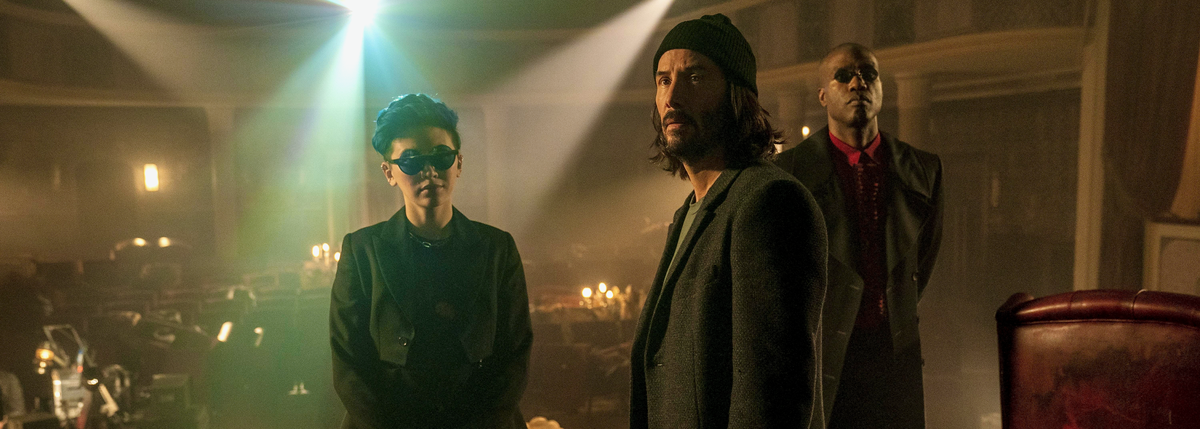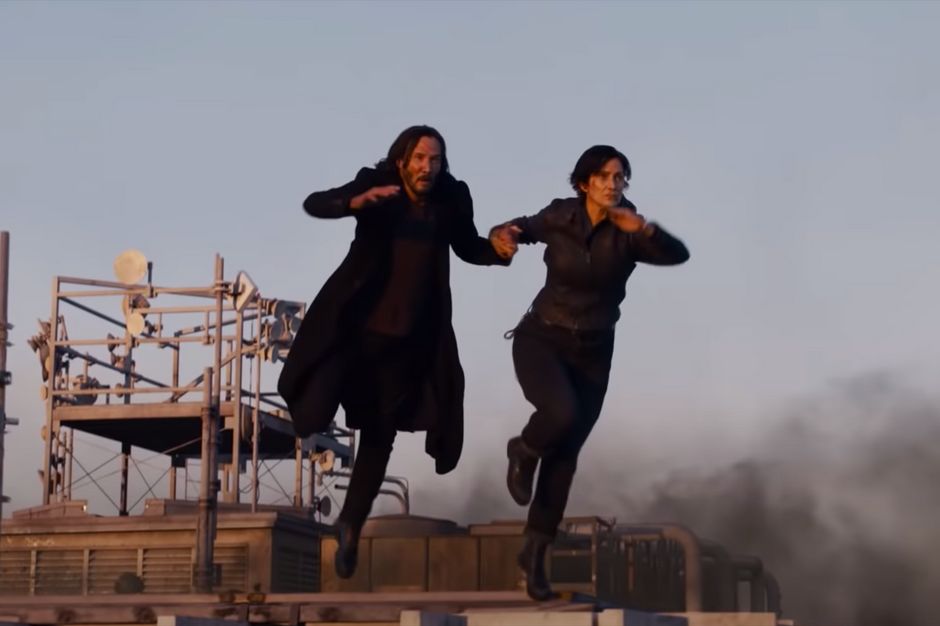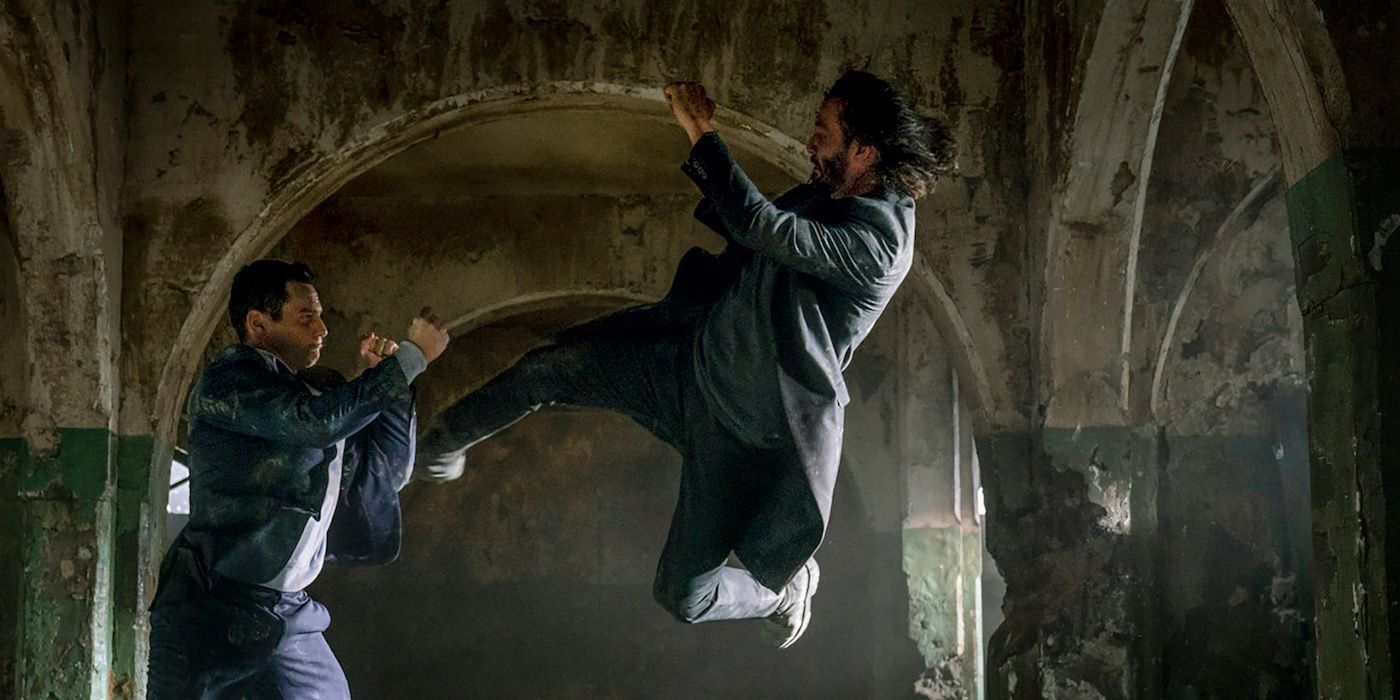
Let history judge me for what I have done.
Let God alone bless or condemn.
Was I one who lived by the plow or the gun?
Was I part of us or of them?
Don’t ask me my politics, views, or beliefs.
Don’t paint me in black or in white.
Don’t ask if I’m proud for another man’s griefs.
Don’t classify me wrong or right.
I did what I did, though I still question how.
Was I more a tool or a sinner?
Perhaps I indeed am less holy than thou,
But no one can claim to be winner.
_______________________
MPA rating: R (for some gun violence and frequent profanity)
While everyone else is focusing on this year’s fast-approaching Oscar ceremony, I’m a bit embarrassed that I haven’t reviewed a single one of last year’s Best Picture nominees. While I’ve liked all of the ones I’ve seen, the one that most surprised me was Judas and the Black Messiah, a hard-hitting biopic of both Black Panther leader Fred Hampton and the man who betrayed him to the FBI.

The Black Panthers are a group that is hard to label definitively, but owing to my schooling, I always viewed them as little more than a terrorist group, born of the same righteous indignation at prejudice as Martin Luther King, Jr., but choosing the path of violence instead. FBI Special Agent Roy Mitchell (Jesse Plemons) voices a similar rationale, comparing the Panthers to the KKK as he tries to convince undercover informant Bill O’Neal (Lakeith Stanfield) to continue his infiltration of the Black Panthers, led in Chicago by the fiery Fred Hampton (Oscar winner Daniel Kaluuya). Even after the film, I still think Mitchell had a point, but that doesn’t mean the government opposing the Panthers was any more in the right. It’s so easy to paint the conflicts of history in broad strokes of simple heroics and villainy when the truth is much more complex.
While Judas and the Black Messiah does its job in exploring a piece of American history I never knew, it goes above and beyond in presenting this tragic, difficult story with impressive nuance. In his impassioned speeches, Kaluuya’s Hampton extols action and revolution with persuasive zeal but loses me when he gets to killing “pigs.” Based on that, it’s no wonder he was labeled a threat, yet he later balks when O’Neal presents a plan to blow up city hall, trying to catch Hampton in the act of violence. The FBI’s narrative of Hampton as a danger couldn’t reconcile facts like how the Black Panthers fed daily breakfast to the black children of Chicago or how his Rainbow Coalition united disparate gangs and organizations in cooperation, even one sporting a Confederate flag. These were just lumped into his reputation of subversion, with no consideration of their positive impacts. My political opinions are a far cry from Hampton’s anti-capitalist philosophy, but I can certainly recognize that the government’s response to such revolutionaries only served to justify their grievances.

And the film doesn’t shy away from this dichotomy of good and evil actions. In a series of back-and-forth acts of violence, one Panthers member is shown killing a cop in cold blood before being killed himself. Yet soon after, Hampton speaks with the killer’s mother, who bemoans that her dear son, a well-behaved seven-year-old in her memory, will only be remembered by society as a murderer. “He did that. He did that,” she says, “but that ain’t all he did.” Paired with that violent scene is one of my new favorite scenes of poetry in film, wherein Hampton’s pregnant girlfriend Deborah Johnson (Dominique Fishback, who deserved an Oscar nom herself) reads her own verses to him, expressing the apprehension of bringing a new life into such a dangerous, conflicted world.
With such a nuanced screenplay, the acting had to be on point, and indeed it is. Kaluuya and Stanfield especially act the heck out of their respective roles, bringing to life Hampton’s intensity and O’Neal’s desperate uncertainty. I can understand Kaluuya winning out, since they were both nominated for Best Supporting Actor, but I probably would have preferred Stanfield, even if he is the “bad guy” of the story.
As he helps and gets to know Hampton and the Panthers, O’Neal clearly sympathizes at times but is too easily manipulated by self-interest to take the stand others around him do, preferring to do as he’s told rather than figure out what’s right for himself. The Biblical title is actually quite fitting, with the FBI standing in for the Pharisees wanting a concerning upstart out of the picture and using a weak-willed follower to make it happen, complete with further parallels.

As with so many Oscar-caliber films with that overly common R rating, the frequent profanity is the worst part of the movie for me. It might add authenticity and no one else may share this peeve of mine, but I still insist that the film would be better and more watchable without all the obscenities flying. Yet by the end, I was able to look past the language and the apparent political and racial divide between me and the film’s subject and recognize that Judas and the Black Messiah is a great film, with outstanding actors bringing to light a historical tragedy through a personal lens, with themes of action vs passivity and how people are remembered. Nuance is sorely lacking in the world these days, just as it was back then, but it’s certainly welcome when looking back at the past.
Best line:
(Deborah, reading her poem to Fred)
“We scream and we shout and we live by this anthem…
But is power to the people really worth the ransom?
Because that’s what a mother does –
Gives the world the most precious things she loves,
And I love you and I love our baby too,
And there’s nothing more radical than seeing that through,
Born pure to the blood, with the heart of a panther.
No regrets… I know my answer.”
Rank: List-Worthy
© 2022 S.G. Liput
758 Followers and Counting











